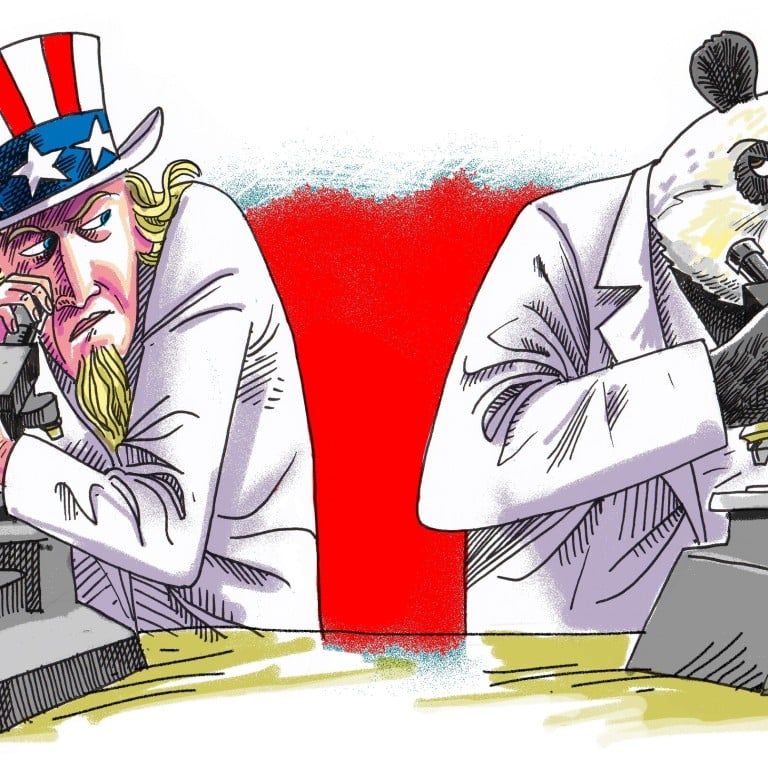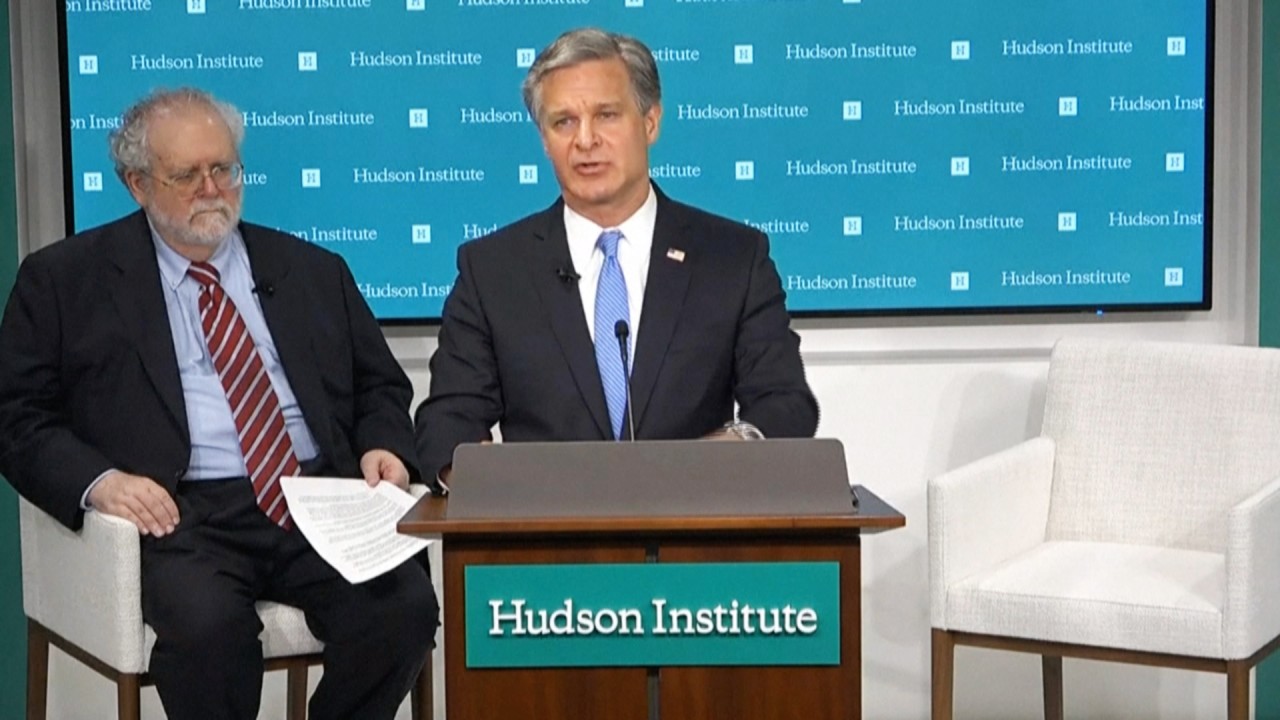
How China can show the US that its Thousand Talents Plan has nothing to hide
- China can end the secrecy over the plan’s contracts, payments and participants, setting US minds at ease and allowing scientific collaborations to continue
- The US must also work to limit the spread of anxiety among Chinese scientists in the US or the scaring away of Chinese students
In 2008, Li Yuanchao, then director of the Organisation Department of China’s Communist Party, established the Thousand Talents Plan. Li hoped to convince 2,000 of China’s best brains to take the plunge and return full-time to their motherland. Li hoped their return would liberalise China’s scientific establishment and create an “innovative society”.
Unfortunately for Li, about 75 per cent of those willing to join the Thousand Talents Plan would only do so as “part-timers”, maintaining their overseas posts and returning to China for only a few months a year.
To date, China’s best researchers have settled in the US, our research suggests. Data on more than 750 participants in the Thousand Talents Plan show that as of 2013, 55 per cent of part-time participants were in the US, and their scientific publications are far superior to full-time returnees.

04:26
Chinese-American scientists fear US racial profiling
This “double-dipping”, though not illegal, involves serious conflicts of interest. Among the group accused of misbehaviour, 5 per cent of those who do peer reviews for the NIH, improperly shared the cutting-edge research outlined in those applications with colleagues in China or elsewhere in the West.

00:51
China’s ‘malign foreign influence’ campaign targets US, says FBI director Wray
While a US Senate report last November claimed that excessive “co-authorship” with scholars in China may signal technological theft, the scientific world lauds scientific collaboration. According to America’s National Science Foundation, in the decade preceding 2018, the percentage of US publications from international collaboration rose from 25.2 per cent to 37 per cent.
In another study, in the five years before 2019, US research publications would have declined without co-authors from China, while Chinese publications would have risen even without the US.
The US and China need to act if the world is to continue to benefit from their collaborative research. The contracts under which Thousand Talents Plan participants agree to transfer their laboratories in the US back to China must end. The Chinese government must publish the names, affiliations and projects of Thousand Talents Plan participants.
Secret payments to Foreign Thousand Talents Plan participants must be suspended. Thousand Talents Plan participants must report their affiliations in China and any Chinese funding they are receiving when filling out grant applications in the US.
Finally, moving the Thousand Talents Plan underground, as the government has done, will not ameliorate mistrust, especially as the name of its replacement is available online and there are reports that recruitment to the programme is continuing.

01:25
US colleges face US$15 billion hit as Chinese students stay away amid coronavirus pandemic
Appropriately, the NIH has removed 77 mainland-born Chinese in the US from its reviewers’ list. The NIH may also consider a moratorium on grant applications by non-US citizens from mainland China until the country becomes transparent on who participates in the new version of the Thousand Talents Plan.
But, most importantly, the two sides must re-establish communication among the NIH, the National Science Foundation and other US government agencies with China’s Ministry of Science and Technology, the Communist Party’s Organisation Department, which runs the Thousand Talents Plan, and the National Natural Science Foundation of China, to find mechanisms through which collaborative research can be maintained. Otherwise, the loss to both sides will be considerable.
David Zweig is Professor Emeritus at the Hong Kong University of Science and Technology, and director of Transnational China Consulting Limited. Kang Siqin is a PhD candidate in the Department of Politics and Public Administration at the University of Hong Kong. This commentary is an abbreviated version of a report written by the authors for the Centre for Strategic and International Studies, Washington, D.C. in May 2020


